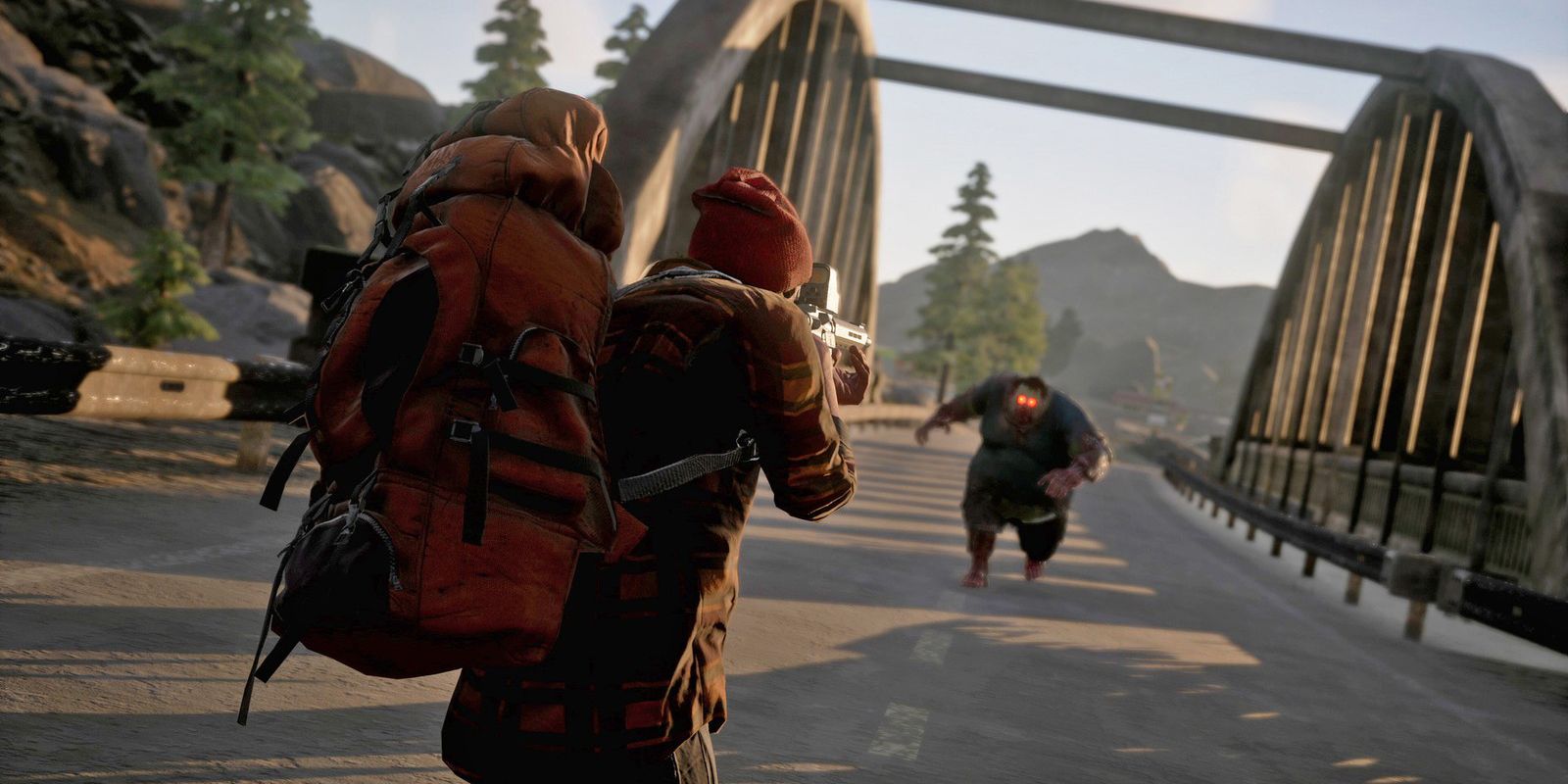Recently, there's been a more substantial move towards a live service model, and it turns out that the head of Microsoft Studios also feels as though this is the future of the industry. For the uninitiated, the live service model pushes an ongoing stream of content for games, often in the form of updated multiplayer content. It has been making some serious waves of late, as shown by the ongoing financial success of the likes of Fortnite.
The live service model is definitely something that has intrigued Microsoft, as shown by some of the latest exclusive releases from the company. Sea of Thieves was perhaps one of the most anticipated games of the year, with the Rare-developed title recently receiving its first major content update. Meanwhile, State of Decay 2 has also seen the company try to move forward with multiplayer survival, albeit with mixed critical results.
Related: Here's Why Microsoft Won't Release Sales Numbers Any More
Now, Matt Booty from Microsoft Studios has been able to give an overview of why the move to live services within the AAA model is seen of particular importance. Speaking with MCV, Booty discussed how the company feels as though the concept of games has been changing, stating that although there will "always be single-player games with maybe 20 to 30 hours of gameplay," it's now important to "think about the longevity of a game," particularly with the increased focus on the likes of streaming and eSports.
Booty seems think that this is going to force a change in the way that developers think about games in general. "It’s really difficult for anybody to think about making a large scale triple-A game these days without having in mind a content and service plan that goes one to two years into the future out of the gate," stated Booty in the interview. Instead, the Microsoft Studios head believes that the community aspect of gaming is becoming more important to players.
"Games really have become much more social, much more mainstream, much more widespread. We know that the games industry is growing, and that’s taking nothing away from what you call the ‘single-player, narrative, cinematic game’ but we see a lot of interest from our players in more community-driven ongoing franchises. I think that is in alignment with a lot of the trends we see in gaming overall."
Microsoft isn't alone in this opinion, either, with lots of publishers seeming to push the games as a service model. In the wake of the closure of Visceral Games, EA suggested that gamers don't like linear games anymore, while even Bethesda is testing the waters of online play in Fallout with multiplayer-based survival game Fallout 76. With that in mind, some of these publishers clearly see the potential for profit in these games.
However, not all the facts back up this idea, as shown by the stunning recent revival of single player games. Not only are many of the recent big-budget single player games breaking the mold from a critical perspective, but they're also pulling in players at an incredible rate. After all, if God of War can sell five million copies in its first month, video game fans would be forgiven for taking suggestions of a major change in focus with a grain of salt.
More: Xbox E3 2018 Preview: What Announcements to Expect
Source: MCV


